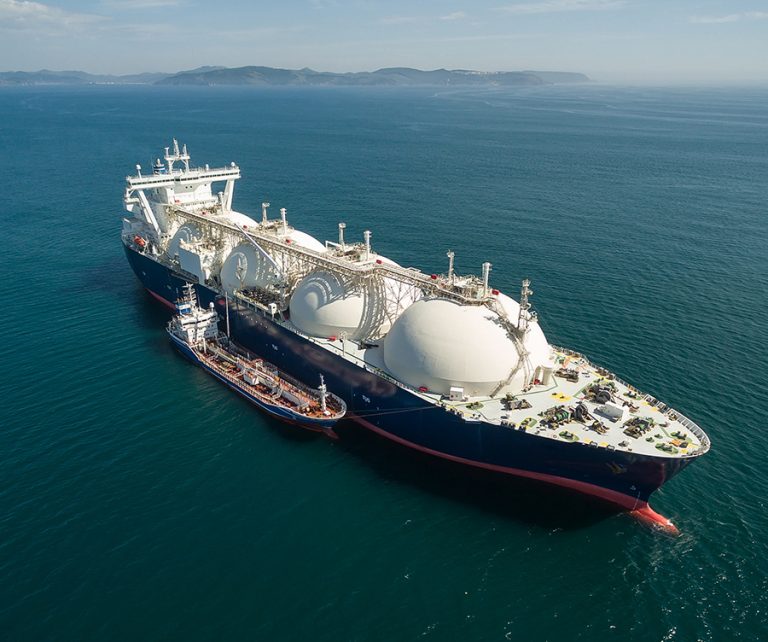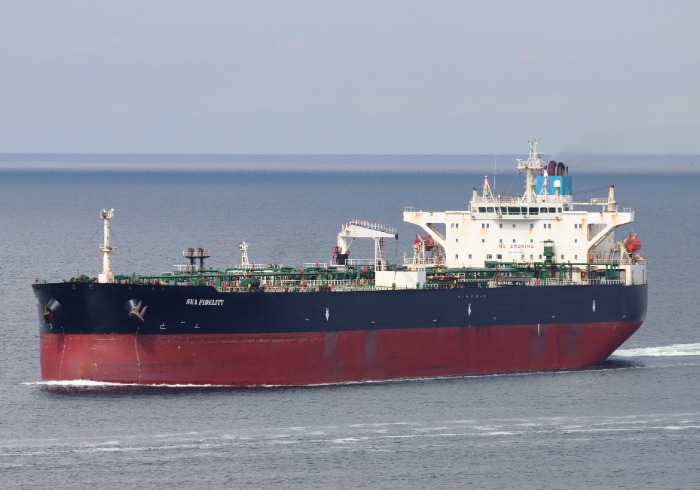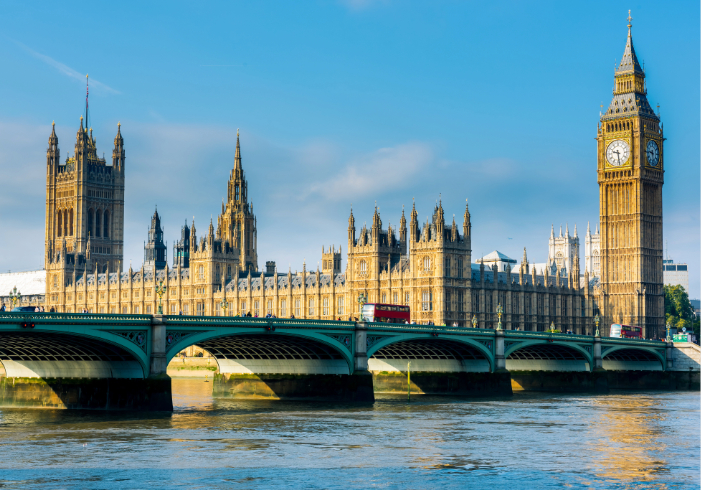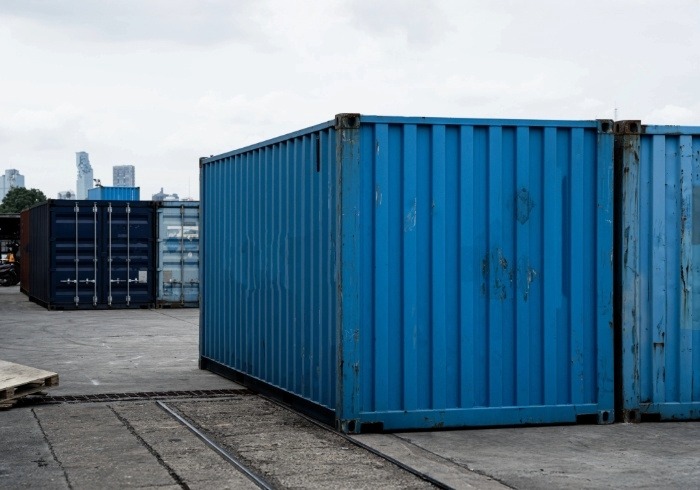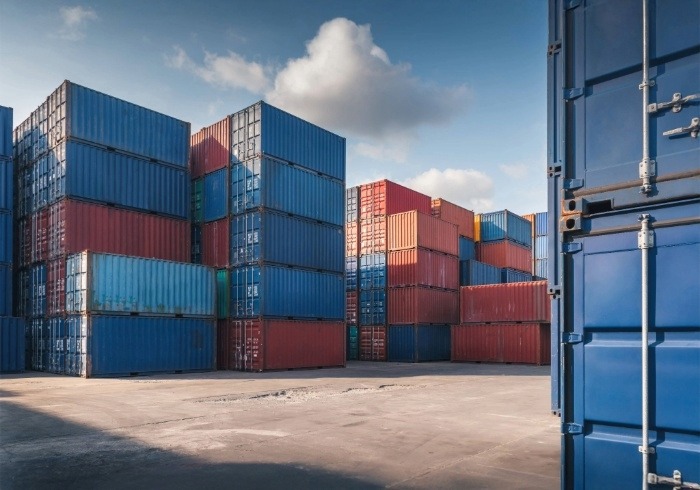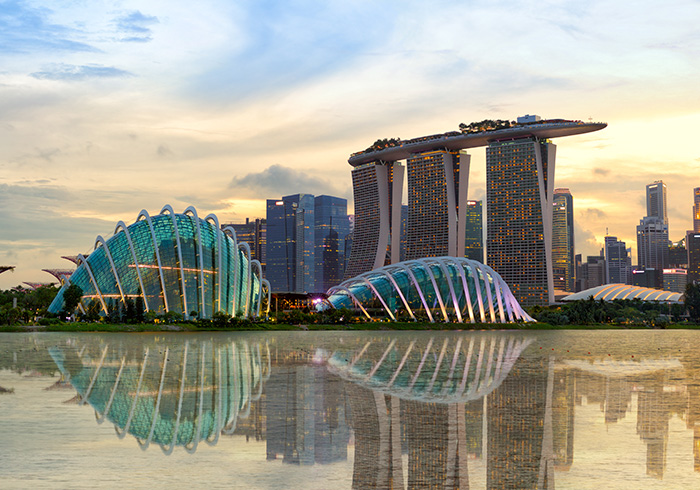The US export credit agency has agreed to provide a US$4.7bn loan for TotalEnergies’ controversial Mozambique LNG project, reinstating its support after years of delays and amid ongoing security risks in the region.
At a board meeting last week, the Export-Import Bank of the United States (US Exim) voted to amend its financing agreement for the gas project in the Cabo Delgado province. Given the lengthy delay, fresh approvals by the export credit agency’s leadership were necessary to unfreeze funds.
“My hope is that moving this project forward will convey how serious Exim is in its efforts to increase US export competitiveness and that American workers should never be at a disadvantage against foreign competitors,” says the agency’s acting president and chair Jim Cruse in a statement.
When US Exim first approved its loan for the development of offshore gas fields and an onshore LNG complex in 2019, it said China and Russia had been “slated to finance” the deal.
The announcement offers a major boost to Total’s plans to restart the LNG project, which has been paused since 2021 when insurgents known as Islamic State Mozambique attacked a nearby town. That year, the energy major declared force majeure and withdrew staff from the Afungi site.
A key stumbling block has been the freezing of a US$14.9bn debt package signed with eight export credit agencies, banks and the African Development Bank in early 2020, billed at the time as Africa’s largest ever project financing.
In recent weeks, Total’s chief executive Patrick Pouyanné said that US Exim’s financing comprised a “big part” of the export credit package.
Speaking during a February earnings call, he said accessing such funds would be “important” for the project and the US would likely reinstate support within weeks.
“Once we have this piece, the financing is done,” he said.
“We have had a discussion with some credit export agencies, and I think the one that will be solved quickly is on the other side of the Atlantic. I would be surprised if President Trump’s administration would be against an LNG project they have [previously] approved.”
Last year, US Exim told GTR it was still reviewing its support in compliance with “standard policies” and was yet to make a final decision, despite mounting Republican pressure. Trump-nominated Kimberly Reed had been leading the agency when it first ratified financing six years ago.
In a June 2024 committee hearing, US congressman Andy Barr said: “I hope the holdup is not related to political influences of [the] administration’s climate agenda.”
The approval comes after the inauguration of US President Donald Trump in January and a reshuffle in leadership at US Exim, with two board directors departing and Cruse stepping in as interim chair.
In February, Total’s Pouyanné said all but two of the participating export credit agencies had now recommitted to the project.
Other participating agencies include the Export Credit Insurance Corporation of South Africa, Export-Import Bank of Thailand, Japan Bank for International Corporation, Nippon Export and Investment Insurance and Italy’s Sace.
Two other ECAs – UK Export Finance (UKEF) and Atradius DSB from the Netherlands – previously told GTR they were reviewing their commitments.
As reported by the Financial Times in February, the UK has been seeking legal advice on whether it can withdraw about £1bn in funding and guarantees issued by UK Export Finance.
“We’re committed to supporting the global transition away from fossil fuels and accelerating the transition to net zero,” a UKEF spokesperson tells GTR. “We’re currently in talks with project sponsors and other lenders regarding the latest status of the LNG production project in Mozambique having previously agreed to support [it].”
Total has indicated it will seek to enforce contracts previously signed with ECAs. “I would remind some of the other credit exporter agencies… that they have signed a contract and that we gave them a lot of money,” said Pouyanné on the earnings call. “So, I am ready to exercise all my contractual rights, not me, but Mozambique LNG shareholders,” he said.
Total holds 26% of the project’s shares alongside other investors, such as Japan’s Mitsui, which has a 20% stake.
Security risks
US Exim’s announcement comes despite ongoing security risks in Mozambique’s volatile north and allegations of human rights abuses near the site.
In the wake of the terrorist attacks in 2021, Mozambique worked to bolster regional security by introducing troops from Rwanda to help govern the territories near gas projects owned by Total, ExxonMobil and Eni.
But following a disputed national election in October, there have been widespread protests across Mozambique and hundreds of people have reportedly been killed.
Issues have spread to the Cabo Delgado province. The Centre for Public Integrity, a Mozambican anticorruption NGO, says in a November report that security forces were redeployed to other parts of the country and insurgents then launched “multiple incursions” against military and civilian targets in late 2024.
“We are looking at the reality and want to see some improvement,” Pouyanné told investors, in reference to security threats, but added contractors are ready to resume operations and set a production date of 2029.
In a statement last week, Friends of the Earth says the Mozambique gas project is still overshadowed by the country’s “weakened democratic processes that has been wracked with waves of widespread protest”.
It claims the response from the Mozambican government has been forceful.
“By mid-January 2025, conservative estimates state that at least 314 people were killed and 4,236 had been illegally detained,” it adds.
There are also concerns over potential human rights abuses committed by Mozambican forces. In December, a group of NGOs wrote an open letter to ECAs and commercial lenders, calling on them to support an independent investigation into allegations, first reported by Politico, that local forces operating from the site massacred at least 97 civilians in 2021.
In a statement this week, US Exim says its team “thoroughly reviewed the physical security situation of the project”.
“Upon conclusion of the review, Exim determined that the security risks to the project had been properly addressed, with substantial systems in place and appropriate management plans and mitigation applied to respond appropriately to evolving security concerns,” it says.
This article has been amended to include reference to a US Exim statement published on March 19, confirming its decision to reapprove support for the loan and its assessment of security risks.


